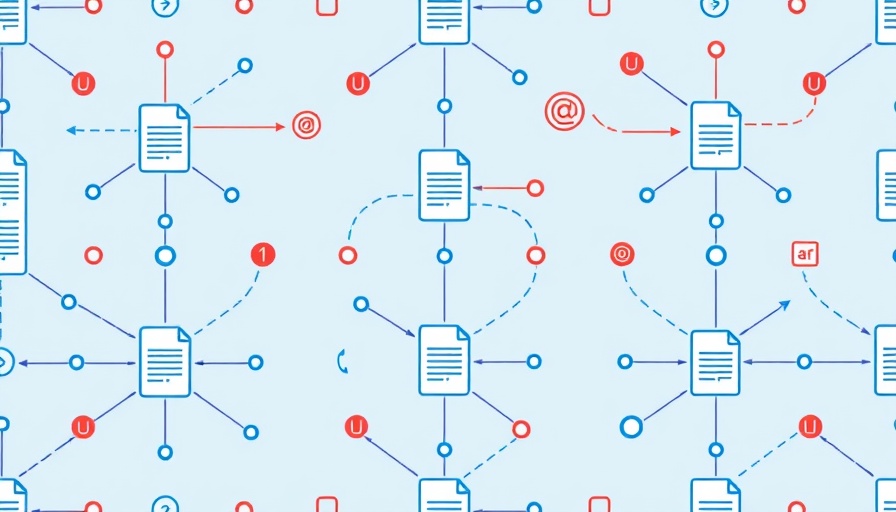
The Responsibility of AI in Scientific Writing: A Double-Edged Sword
Artificial Intelligence (AI) has emerged as a transformative force in the realm of scientific writing, offering unprecedented speed and efficiency in research documentation. However, as we delve deeper into this innovative landscape, the challenge arises: how do we balance the undeniable potential of AI with the ethical standards critical for maintaining integrity in scholarly communication?
Historical Context: Shifting Paradigms in Academic Writing
Scientific writing has come a long way, evolving from traditional manuscript drafting methods to the rapid digital processes we see today. The introduction of word processors and online submission platforms has significantly altered how researchers communicate their findings. Yet, AI's role is a game-changer, introducing capabilities such as drafting, literature reviews, and rapid editing that push the boundaries of conventional academic writing.
The Upsides: Efficiency Meets Quality
The most appealing aspect of AI in scientific writing is its potential to enhance efficiency. Tasks that were once labor-intensive, such as formatting and referencing, can now be automated, allowing researchers to focus on more complex analytical work. As highlighted in discussions among thought leaders, AI can assist in generating initial content drafts and refining language clarity, which can ultimately elevate the quality of research being produced.
The Downsides: Risks of Overreliance and Ethical Concerns
While the benefits of using AI are notable, the risks cannot be overlooked. The complexity of scientific discourse often eludes AI's grasp, leading to potential inaccuracies in context and nuance. This raises the question: how much should researchers depend on AI without sacrificing their critical thinking skills? With incidents of fabricated AI data already on the rise, there is a pressing need to establish stringent guidelines to mitigate risks, particularly concerning plagiarism and the credibility of academic work.
Fostering a Collaborative Approach: The Way Forward
Moving forward necessitates a collective response from the academic community. This includes developing standardized frameworks that delineate appropriate AI applications in writing while promoting transparency among researchers. Clear policies should mandate that AI usage for editing and enhancing language must not extend to generating ideas or conclusions, preserving the human element in academic integrity.
Practical Insights: Bridging the Gap between Technology and Ethics
Establishing a set of adaptable guidelines can be pivotal in harnessing AI responsibly within scientific writing. Emphasizing cross-disciplinary collaboration, transparency in AI's application, and the implementation of robust training programs will ensure that AI enhances—not diminishes—scholarship quality. Journals should lead the way by incorporating these standards into their evaluation processes to uphold the values of research integrity.
AI's potential in scientific writing is vast yet uncertain without appropriate ethical considerations. It offers an incredible opportunity for enhancing efficiency, but calls for the academic community's vigilance in maintaining the principles of clarity, honesty, and accountability. By striking a balance, we can harness the strengths of AI to enrich rather than compromise scientific discourse.
 Add Row
Add Row  Add
Add 




Write A Comment